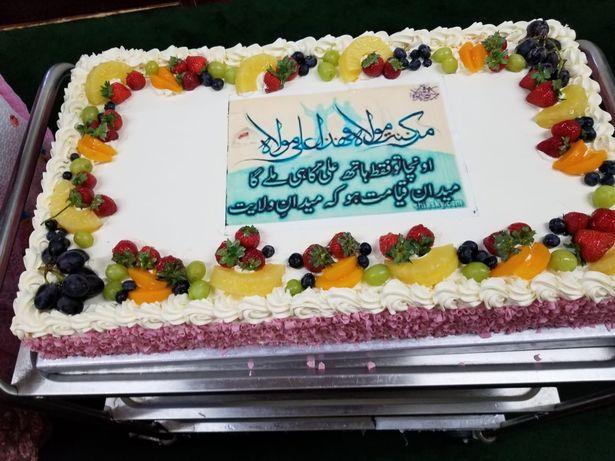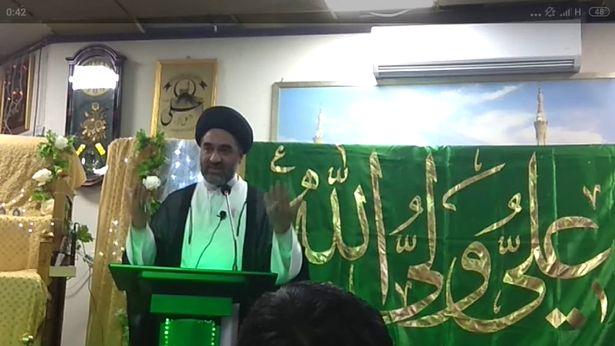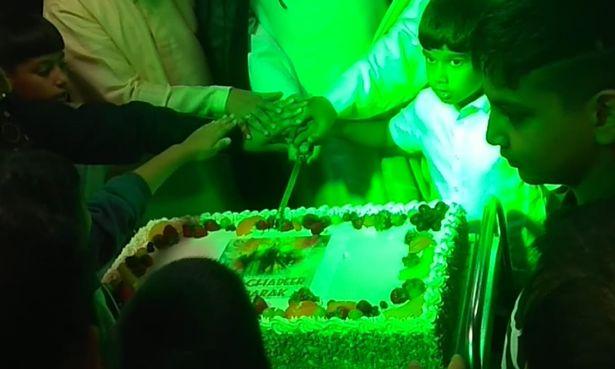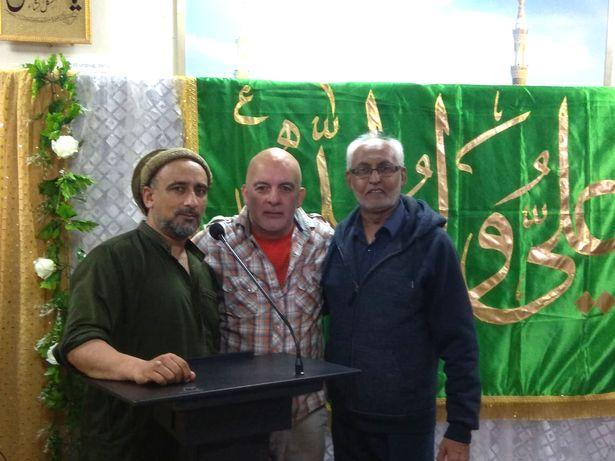There's a third Eid in the calendar that many people don't know about and it marks a key moment in Islamic history and culture, Birminghammail.co.uk reported.
The celebrations of Eid ul Adha, the Festival of the Sacrifice, have concluded in Birmingham and across the world. Thousands attended a gathering in Small Heath Park, one of many in public spaces across the city, on July 9, with others marking the event on July 10, the same date as in Morocco and Pakistan.
Next up is Eid al-Ghadir, also written as Eid al-Ghadeer, and similar variations. It marks the historic event of Ghadir Khumm, a key moment in Islamic history.
But other and less widely-known events also bear the name Eid. One such event is Eid al-Ghadir, sometimes referred to by those who celebrate it as Eid Allah al-Akbar (the greatest Eid of God), so it clearly has huge significance.
Eid al-Ghadir is on the 18th day of the Islamic month of Dhul Hijjah, the 12th and final month of the lunar-based Muslim calendar. This is the same month in which Eid ul Adha and the Hajj takes place.
Eid al-Ghadir - also written as Eid al-Ghadeer, Eid-e-Ghadeer, Eid ul Ghadir, and Eid ul Ghadeer - is celebrated by Shia Muslims as the anniversary of the date they say Ali was appointed as the prophet Muhammad's successor.
The celebration means Festival of the Pond, because of the place where it originally took place, beside an oasis (with Ghadir meaning a pond or pool) at Khumm, an area between Mecca and Medina in present-day Saudi Arabia.
The natural spring at Khumm was where people gathered and greeted each other after performing the Hajj, before heading back to their own towns and cities.
On the 18th day of Dhul Hijjah, in March of 632 AD, Muhammad addressed the people on returning from the pilgrimage that is today known as the Hajj, in what is widely believed to be his last major public speech.
In that sermon, he asked everyone to pledge their allegiance to his cousin and son-in-law Ali ibn Abi Talib. Shia Muslims believe this meant Ali was the rightful successor to the prophet.
Anyone fasting on this day is said to be achieving the equivalent of 60 years of worship. Other ways that Shia Muslims mark the event include prayers, ritual bathing, wearing their best clothes, visiting relatives, and giving food to believers.
Among the places to hold celebrations is Hussainia Mosque in Birmingham. Worshippers attend the mosque for food, maghrib (prayers said after sunset), Quran recitals, and the cutting of a cake before the final prayer of the evening.
Eid al-Ghadir is a public holiday in some places, including Iran and the Indian state of Telangana.
Shias are said to form a majority of the population in Azerbaijan, Bahrain, Iran, and Iraq, and significant minorities in Lebanon, Yemen, and Kuwait. There are also smaller numbers in Turkey, Pakistan, and Afghanistan. Overall, just under 39 percent of Muslims in the Middle East are Shia.
Hundreds of Shia Muslims in Birmingham take to the streets of Balsall Heath every year for Matami Juloos - which means 'mourning procession' in Urdu.
They are commemorating the sacrifice of Hussain ibn Ali, grandson of Muhammad after he made a last stand against the tyrant Yazid. For that reason, the event is also called the Hussaini Procession.
A spokesman said: "The processions aim to highlight the tragedy of Karbala to non-Muslims through poems and eulogies read in public, as well as handing out leaflets to members of the public who may be inspired by Hussain’s story.
"It should be noted that the procession isn’t a religious duty or obligation for Shia Muslims, but a tradition that takes place in the month of Muharram to raise awareness."
Husain ibn Ali made his last stand against Yazid in the desert town of Karbala, in modern-day Iraq. His band of 72 men were all slain and then he too was killed. The procession comes within the 40 days of mourning following Ashura, the 10th day of the month of Muharram. It was on this 10th day that Hussain died.




